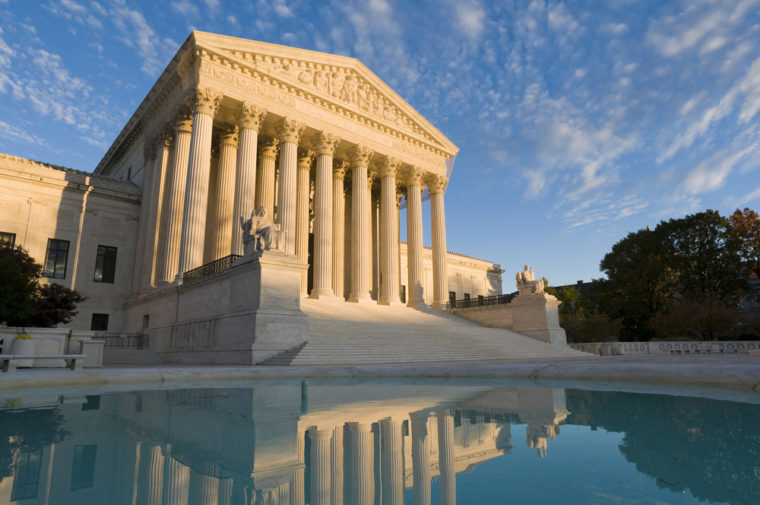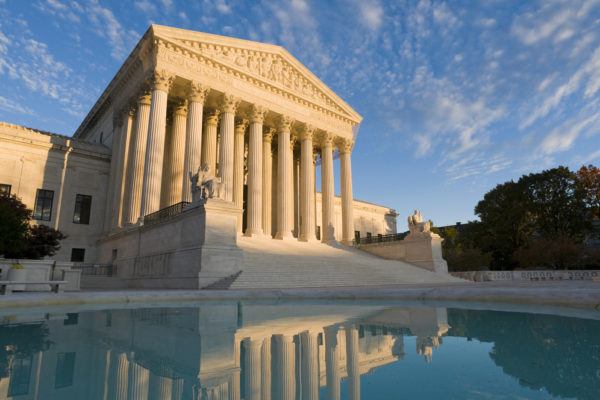The Supreme Court’s June 27 decision to kill all federal constitutional complaints about partisan gerrymandering is a tremendous loss for our democratic process, says a constitutional law expert at Washington University in St. Louis.
“The court has long restricted states’ ability to manipulate electoral districts based on race,” said Greg Magarian, the Thomas and Karole Green Professor of Law.

“For several decades, the court has been deeply split on whether and how to extend those racial gerrymandering limits to restrict partisan gerrymandering as well. Voting fairness advocates have responded to the court’s uncertainty by developing strong, sensible tests and methods for figuring out when a state’s partisan majority goes too far in using its power to steal electoral advantage.
“Today, the court’s Republican majority ignored those efforts. Invoking a legal principle called the political question doctrine, the majority said, in effect, ‘We have no way of knowing when an improper partisan gerrymander happens.’ Of course, the court could use the same logic to ignore racial gerrymanders.
“What the court’s holding today really means is that the five majority justices don’t believe partisan gerrymanders violate anyone’s constitutional rights. Americans who want to see their views and values fairly represented in elections simply don’t matter.”
The court’s “evisceration” of the Voting Rights Act several years ago prompted states to unleash a new, entirely predictable wave of racial discrimination, Magarian said.
“Today’s decision will have the similar effect of making partisan majorities in states feel bulletproof in abusing their power to marginalize the opposing party. The court tells us that we should rely on the political process to fix this problem. In other words, we should just trust partisan majorities to rein in their own abuses. Comfort doesn’t come much colder than that.
“Today’s decision is especially unfortunate because of its sharp partisan split. The five Republican justices’ use of their constitutional authority to insulate gerrymandering that mostly (though not exclusively) helps Republican candidates will only deepen the growing sense that the Supreme Court is just another partisan body.”



